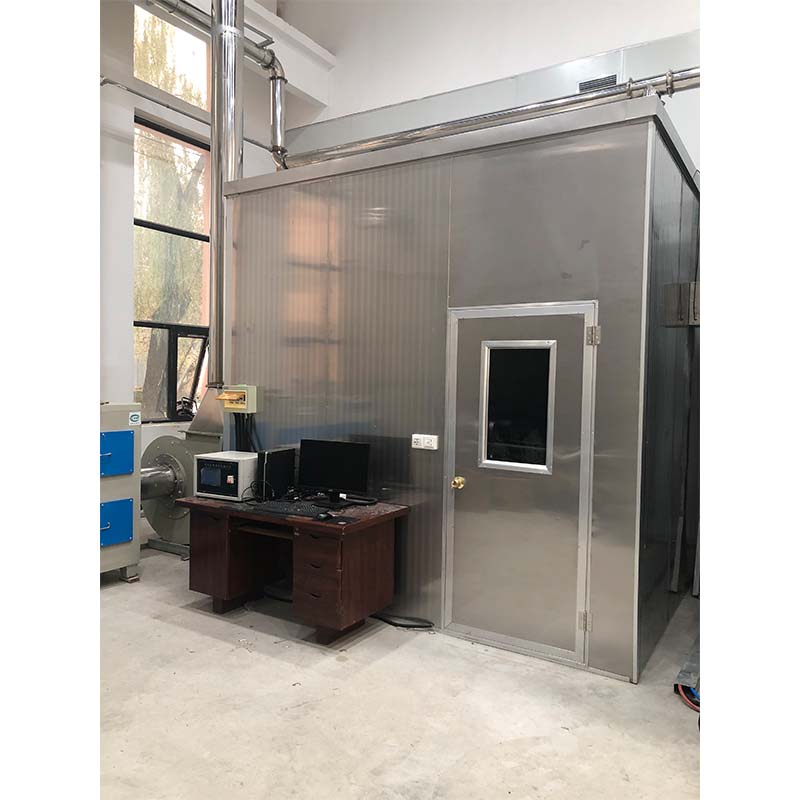custom standard resistance tester
Understanding the Custom Standard Resistance Tester
In today’s fast-paced technological environment, testing and quality assurance are critical components in various industries, from electronics to automotive manufacturing. One of the essential tools in ensuring the reliability and performance of electronic components is the custom standard resistance tester. This article explores the significance of these testers, their functionality, and the benefits they offer.
What is a Resistance Tester?
A resistance tester is a device used to measure the electrical resistance of components, circuits, and materials. Resistance is a fundamental property that governs how components react to electrical current. For example, resistors in electronic circuits are designed to limit current flow, and their resistance value is crucial for proper function. Resistance testers are used to ensure that these components meet specified performance standards.
The Need for Customization
While standard resistance testers serve many general purposes, the complexity of modern electronic systems often requires customized solutions. Custom standard resistance testers are designed to meet specific testing requirements for different applications and industries. These testers can be tailored for various parameters such as measurement range, accuracy, and connection types, ensuring that they provide the most relevant data for a given use case.
Key Features of Custom Standard Resistance Testers
1. Wide Measurement Range Custom resistance testers can cover a broad spectrum of resistance values, accommodating everything from low-resistance components used in circuits to high-resistance insulators.
2. Enhanced Accuracy and Precision Advanced design features in custom testers can improve measurement accuracy. This is particularly important in industries requiring high reliability, such as aerospace and medical equipment manufacturing.
3. User-Friendly Interfaces Many custom testers come with intuitive graphical user interfaces (GUIs) that simplify the testing process. Users can easily navigate through options, view measurements, and export data.
4. Integration Capabilities Custom testers are often designed to integrate with other testing equipment and software systems. This connectivity enhances the efficiency of testing processes, allowing for real-time data analysis and reporting.
5. Durability and Portability Many custom testers are built to withstand harsh environments, making them suitable for both laboratory settings and field use. Features such as rugged cases and lightweight materials ensure they can be transported easily without compromising functionality.
Applications of Custom Resistance Testers
custom standard resistance tester

The applications of custom standard resistance testers are vast
- Electronics Manufacturing In the production of circuit boards, resistors are checked for resistive values to ensure they meet specifications. Custom testers help identify defects early in the manufacturing process.
- Automotive Industry Resistance testing is crucial in automotive components, from checking battery terminals to electrical connections, ensuring safety and reliability.
- Telecommunications For telecommunication devices, maintaining consistent resistance levels is vital for signal integrity. Custom testers provide the necessary checks to uphold quality standards.
- Energy Sector In renewable energy applications like solar panels, resistance testing helps assess the conductivity between various components, ensuring optimum performance.
Advantages of Custom Standard Resistance Testers
Investing in custom standard resistance testers offers several advantages
- Tailored Solutions They are designed specifically for the unique requirements of a company or industry, enhancing their effectiveness.
- Improved Quality Control Custom testers help in maintaining and improving quality control measures, reducing the risk of component failure.
- Cost-Effectiveness While the initial investment might be higher, the long-term benefits of reduced defects and improved product reliability can lead to significant cost savings.
Conclusion
Custom standard resistance testers play a critical role in the quality assurance processes across various industries. By providing tailored solutions, advanced measurement capabilities, and improved integration with existing systems, these testers help ensure that electronic components operate safely and efficiently. As technology continues to evolve, the importance of precise and reliable testing will only grow, making custom resistance testers an invaluable tool for manufacturers seeking to maintain high standards in their production processes.
-
Why the Conductor Resistance Constant Temperature Measurement Machine Redefines Precision
NewsJun.20,2025
-
Reliable Testing Starts Here: Why the High Insulation Resistance Measuring Instrument Is a Must-Have
NewsJun.20,2025
-
Flexible Cable Flexing Test Equipment: The Precision Standard for Cable Durability and Performance Testing
NewsJun.20,2025
-
Digital Measurement Projector: Precision Visualization for Modern Manufacturing
NewsJun.20,2025
-
Computer Control Electronic Tensile Tester: Precision and Power for the Modern Metal Industry
NewsJun.20,2025
-
Cable Spark Tester: Your Ultimate Insulation Assurance for Wire and Cable Testing
NewsJun.20,2025
 Copyright © 2025 Hebei Fangyuan Instrument & Equipment Co.,Ltd. All Rights Reserved. Sitemap | Privacy Policy
Copyright © 2025 Hebei Fangyuan Instrument & Equipment Co.,Ltd. All Rights Reserved. Sitemap | Privacy Policy
